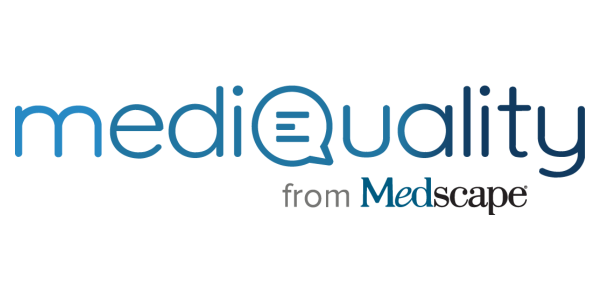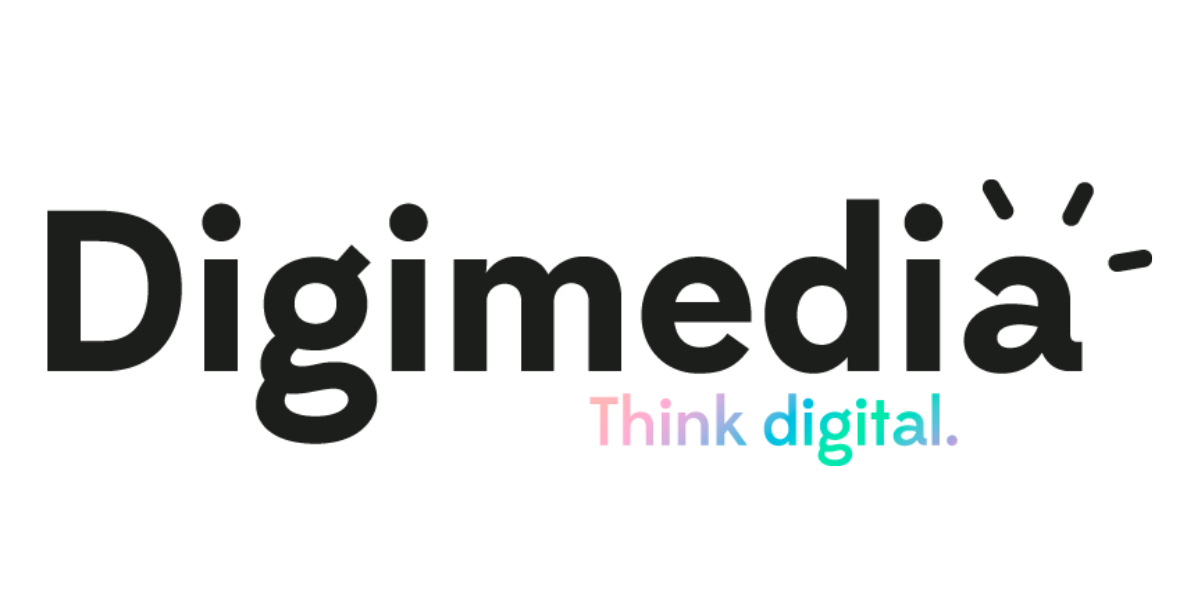AI driven customer experience in Pharma : Myth or Reality?
Bridging Innovation and Reality in AI-Driven Customer Experience
AI has the potential to revolutionize customer experiences by providing highly personalized, data-driven interactions that anticipate needs and streamline engagement. In the pharmaceutical sector, this could mean creating stronger connections with patients, improving adherence to treatments, and offering real-time support to healthcare providers. Yet, the challenges are equally significant: navigating regulatory constraints, ensuring data privacy, and addressing ethical considerations while maintaining the human touch that is so essential in healthcare.
As the pharmaceutical world undergoes a digital transformation, artificial intelligence is at the forefront of reimagining how we engage with customers—patients, healthcare providers, and other stakeholders. But as we navigate this new landscape, critical questions emerge: Can AI truly deliver a personalized, seamless, and empathetic customer experience in a highly regulated industry? Or is it a promise that remains just out of reach?
The Digital Pharma Summit 2025 provides a unique platform to unpack these questions, share insights, and foster collaboration. Over the course of this summit, you will hear from visionary leaders, engage in thought-provoking discussions, and discover cutting-edge technologies shaping the future of AI in pharma. Together, we will assess where the industry stands today and chart a path toward transforming customer experiences into tangible, meaningful realities.
Let us embark on this journey to explore the potential of AI in revolutionizing how we connect, engage, and innovate. Welcome to an event that promises to be both thought-provoking and transformative!
SPEAKERS
Renowned and international speakers will be sharing their experience and insights about the impact of digital.















